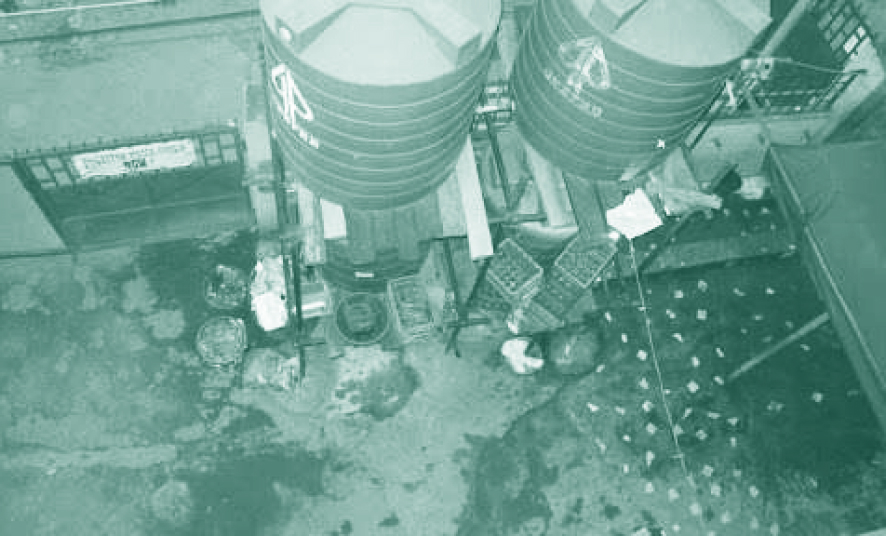
The need to develop and adopt effective means of collecting potable water is urgent. Nigeria and Africa have so much to offer, but face many challenges.
A chief challenge remains accessibility to potable water, causing serious public health problems. Lagos faces a sobering potable water crisis that will only worsen as the city’s population of about 18 million people continues to soar. The overburdened municipal government infrastructure provides about less than 60% of potable water needed in urban residences.. City dwellers must access and store drinkable water through costly means beyond those of most households.
The current and popular systems for collecting water employ a heterogeneous mixture of aftermarket plastic tanks held up on stilts with lucid pipes running at length alongside buildings.
These tanks can store as much as ten gallons of water and up to 120 gallons, but this is usually non-potable water sourced mainly from borewell extraction. Households faced with little means of extracting and collecting their own water must rely on the benevolence of neighbours or purchase it.
Even those with boreholes must purchase water for drinking and cooking. Due to the nature of local ground water, approximately 60% of boreholes (wells)s are rendered highly or moderately corrosive, making them undrinkable. Other factors affecting groundwater potability are related to sanitation. Poor sanitation practices and infrastructure, contamination of groundwater from on-site septic systems, and storm runoff and flooding all play a major role in groundwater contamination.